Smart and and lively dog breed with a curly hypoallergenic coat

Toy Poodle Spotlight
- Best breed choice for those with allergies
- Smallest poodle amongst the toy, miniature, and standard
- Smart, elegant and cuddly
- Excellent companions
- Not ideal for homes with small children
- Easy to train and extremely intelligent
- Requires frequent grooming
- Coats come in a variety of colors
History
The exact ancestors of today’s Poodles are unknown, and although many associate the origination of the breed with France, a group called the rough-coated water dogs from Germany has been officially recognized as the point of origination by multiple authorities on the subject. Toy Poodles were successfully produced later on and became a show breed in the late 1800s. The breed’s name is believed to originate from the German word “Pudel,” which means “to splash about” when translated.
Poodles were once frequently used in French circuses due to their trainable nature and love for performing tricks. All Poodles belong to the same breed, and Toy Poodle simply indicates a size of Poodle that was bred down from the Standard Poodle and is classified based on sizing regulations for the breed. Miniature Poodles, the third size classification, are smaller than Standard Poodles yet larger than Toy Poodles.
They suffered a decrease in popularity in America in the early 1900s but have since recovered. Overall, Poodles are currently ranked as the 8th most popular dog breed by the American Kennel Club. As discussed above, many people associate Poodles with France and a partial reason for this is the breed’s popularity with the French aristocracy.
Personality & Temperament
Toy Poodles are a small breed with a medium energy level. They are considered to be one of the most intelligent dog breeds. As a direct result, they are highly trainable and respond positively to activities that involve mental stimulation. Toy Poodles are also highly adaptable, which makes them ideal for both house and apartment lifestyles.
Toy Poodles are known for being affectionate toward their owners, so it is not uncommon for one to be found on its owner’s lap during downtime. Toy Poodles are sensitive and sudden movements or unexpected physical contact can cause them to spook easily.
Toy Poodles that maintain this sensitive nature can become fear biters and may not be an ideal fit for a home with children or for settings involving a large number of strangers. Consistent socialization from an early age is crucial and will help to ensure that a Toy Poodle is friendly and well-behaved around strangers and other animals.
Appearance & Grooming
Toy Poodles are intended to be square-shaped and proportionate with a particular sense of eminence and elegance. They can appear in a wide range of colors, including white, caramel, black, silver and blue. The size classifications for poodles are based on height, and the consensus among the various kennel clubs seems to be a maximum shoulder height of 10-11 inches in order for a Poodle to truly qualify as a Toy Poodle.
The traditional Poodle clip is a distinction of the breed and was believed to make the dogs more buoyant when they were used as water retrieval dogs centuries ago. However, this clip does not always appear in Toy Poodles unless the dog is a show dog.The thick, curly coat of a Toy Poodle requires regular grooming. It is recommended that a Toy Poodle’s coat be clipped at least once every six to eight weeks in order to prevent cords from developing.
Health
- Skin tumors are quite common in a lot of dogs, including Toy Poodles, and they come in various forms and can be caused by many different things. Fortunately, most skin tumors do not pose a serious threat and can be easily treated. However, it is recommended that all tumors and other skin issues are examined by a veterinarian to determine whether they are cancerous and require immediate attention.
- Tracheal collapse occurs when the rings in a dog’s trachea begin to slowly collapse and push air through a narrower passage. It is especially prevalent in small dogs, which makes Toy Poodles highly susceptible. There are many different symptoms and they don’t all point directly to tracheal collapse, but it is important to have your dog examined by a veterinarian if they display a wheezing cough, have difficulty breathing or tire unusually quickly during exercise.
- Patellar luxation or kneecap dislocation is most commonly observed in female dogs that belong to one of the toy breeds. Signs that a dog has a dislocated kneecap include sporadic skipping and an unusual gait or other movement. The is most effectively corrected with surgery, but it is important to note that the condition reoccurs, although to a less severe degree, in almost half of dogs that have been treated.
- Progressive retinal atrophy (PRA) is a cluster of diseases that impact the retina. The diseases cause the cells in the retina, which is located in the rear portion of the eye, to become abnormal. Most cases of PRA result in a complete loss of vision. This group of diseases is genetic, meaning they it is passed down, so not all Poodles are at risk. Veterinarians recommend that breeding dogs receive annual eye exams to determine if they are carriers of the gene associated with PRA. When selecting your Toy Poodle, be sure to work with a responsible breeder who tests for these abnormalities and is honest about the dog’s health backgrounds.
Exercise & Care
Toy Poodles are moderately active, with puppies being more energetic than adult dogs, and it is recommended that they are taken on walks or given opportunities to run around off leash for about an hour each day. This hour does not need to be consecutive and can be split into multiple sessions throughout the day to better fit the owner’s schedule.
Toy Poodles can be rather playful indoors, and although they might appear to be burning quite a bit of energy, indoor playtime should not be substituted for recommended outdoor exercise unless there are special conditions, such as severe weather. Proving both an hour of outdoor exercise and opportunities for indoor playtime will help to maintain your Toy Poodle’s health and wellbeing.
Every dog has different nutritional needs based on age, size, energy level and other factors. The food that meets your dog’s needs when he is a puppy may not do the trick when he reaches adulthood, so consult with your breeder and your veterinarian to determine a food type and a feeding schedule that works best for your Toy Poodle at every life stage.
Quick Resources
-
For more information on caring for your Toy Poodle, visit these websites:
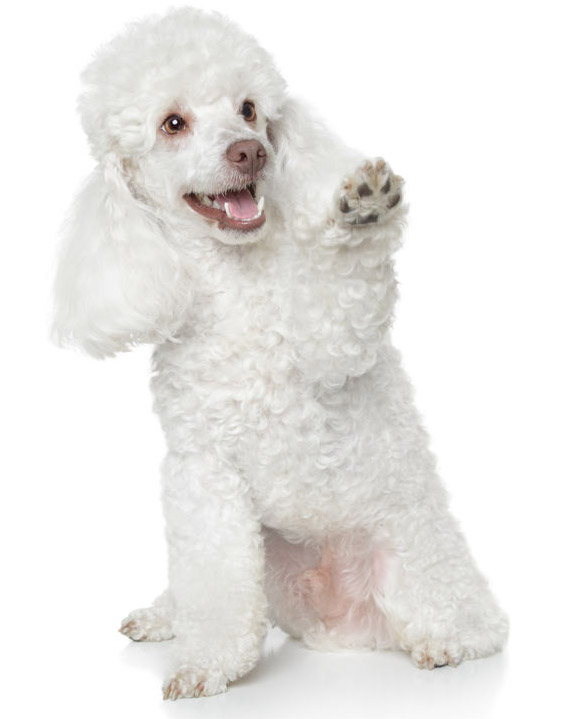
 France
France
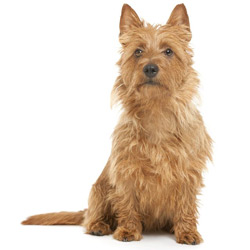
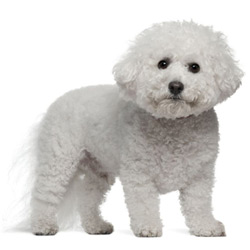
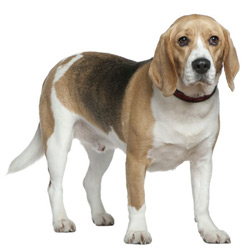
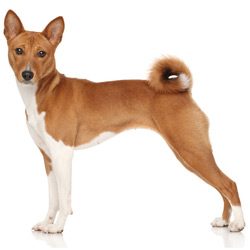
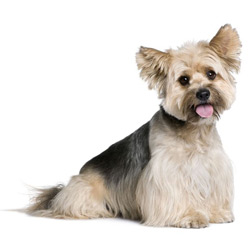
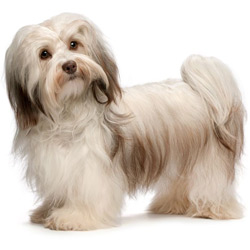
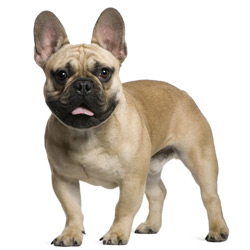
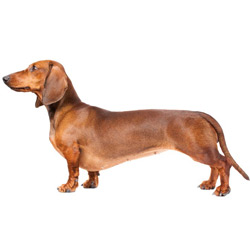
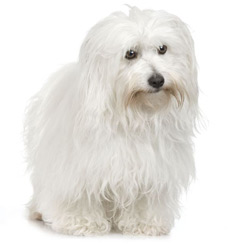
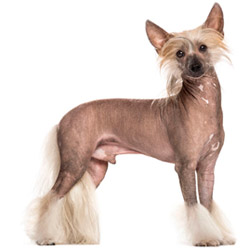
What do you think?